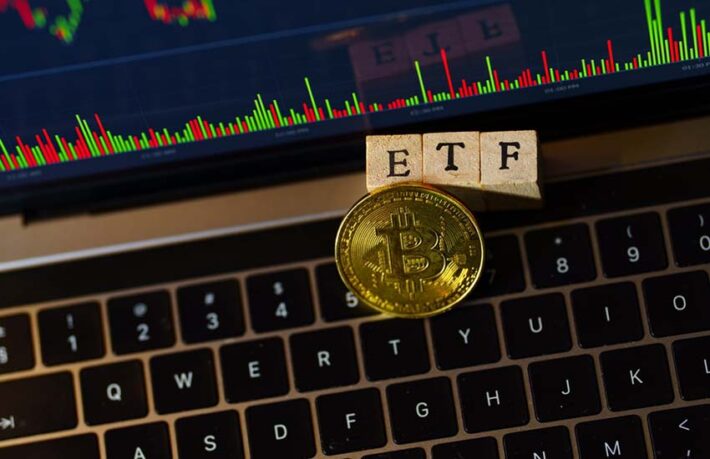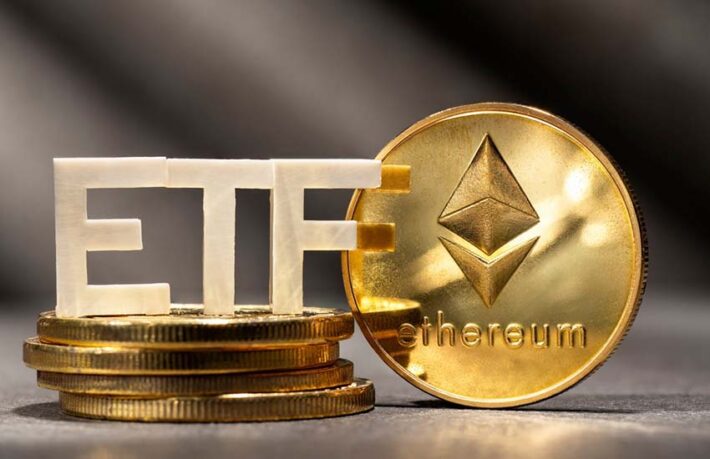Crypto Tokens Explained: History, Types, and How They Shape the Future of Digital Finance

Crypto tokens are among the most innovative creations in the blockchain world. They are digital assets built on existing blockchains, often powered by smart contracts, and can represent anything from ownership in a company to voting rights in decentralized governance. Unlike cryptocurrencies such as Bitcoin, which function purely as digital money, tokens unlock a wide range of possibilities, from accessing decentralized apps to tokenizing real-world assets like real estate and art.
What Are Crypto Tokens?
At their core, crypto tokens are programmable assets on a blockchain. They can be issued, transferred, and stored in decentralized systems without reliance on traditional intermediaries. Because blockchain transactions are immutable and transparent, tokens offer a high degree of security and trust. Tokens can be utility-based, providing access to services, or investment-based, granting rights similar to shares or bonds.
Tokens vs. Cryptocurrencies
It’s easy to confuse cryptocurrencies with tokens, but they serve different purposes. Cryptocurrencies such as Bitcoin or Ethereum act as decentralized money, designed to be used as payment or a store of value. They run on their own blockchains and are created through mining or staking mechanisms.
Tokens, however, live on top of existing blockchains, most commonly Ethereum, Binance Smart Chain, or Solana. They represent more than money—they can symbolize access rights, governance power, or even digital collectibles. Their flexibility makes tokens a vital building block for decentralized finance (DeFi), gaming, and other blockchain-powered ecosystems.
The Evolution of Crypto Tokens
The history of tokens begins with Bitcoin in 2009, which proved that blockchain could power decentralized money. As developers experimented, new tokens emerged for specific use cases. In 2011, Namecoin used blockchain technology to build a decentralized domain system—an early example of tokens beyond currency.
A major milestone came in 2015 with Ethereum’s introduction of smart contracts. This allowed developers to create tokens with custom features, paving the way for decentralized applications (DApps). The token boom truly took off in 2017 with the rise of Initial Coin Offerings (ICOs). Startups raised billions by selling tokens directly to global investors. Notable projects included EOS, Tezos, and Filecoin, each promising unique innovations.
While the ICO craze highlighted the potential of tokens, it also exposed risks such as scams and failed projects, underscoring the need for research and regulation.
Types of Crypto Tokens
Crypto tokens can be grouped into several categories, each serving distinct purposes within blockchain ecosystems.
Utility Tokens give users access to products and services on a platform, often acting as “fuel” for decentralized applications.
Security Tokens represent real-world assets like company shares or bonds, usually governed by securities regulations.
Stablecoins are pegged to stable assets such as the US dollar or gold, offering reliability in a volatile market.
Governance Tokens allow holders to vote on decisions within decentralized organizations (DAOs).
Non-Fungible Tokens (NFTs) represent ownership of unique digital or physical assets, from artwork to in-game items.
Wrapped Tokens link the value of one cryptocurrency to another blockchain, enabling cross-chain interoperability.
This diversity demonstrates the adaptability of blockchain technology and explains why tokens have spread into countless industries.
How Crypto Tokens Are Created
The creation of a token begins with defining its purpose, whether it’s to power a game, provide governance rights, or tokenize physical assets. Developers then choose a blockchain platform, with Ethereum being the most popular due to its robust infrastructure.
Designing tokenomics is equally important. This involves setting supply limits, distribution models, and incentives to ensure long-term sustainability. Tokens are often issued through ICOs, Security Token Offerings (STOs), or other fundraising methods, after which they can be freely traded on exchanges.
Smart contracts govern how tokens function, allowing for features such as automatic dividend payments, token burning to reduce supply, or freezing in cases of fraud.
Real-World Applications of Tokens
Tokens have moved far beyond theoretical use cases. Today, they drive innovation in multiple industries:
- Asset Tokenization: Real estate, fine art, and commodities can be fractionalized into tokens, making them more liquid and accessible to investors.
- Supply Chain Tracking: Tokens provide transparent records of goods from production to delivery, reducing fraud and improving efficiency.
- Voting Systems: Blockchain-based voting using tokens ensures security and transparency in decision-making.
- Loyalty Programs: Tokens are used as reward points, offering greater flexibility and transferability across platforms.
- Gaming Economies: Tokens enable ownership and trade of in-game assets, fostering player-driven markets with real-world value.
- DeFi Platforms: Tokens power lending, borrowing, and trading systems that operate without traditional banks, making finance more open and accessible.
Benefits for Investors
Tokens bring several advantages to investors. Their liquidity allows for fast buying and selling on global exchanges. They open doors to fractional ownership, giving retail investors access to assets once reserved for institutions. Tokens also offer diversification, functioning as an alternative asset class that can hedge against traditional market downturns.
Moreover, blockchain transparency ensures secure transactions, while smart contracts reduce administrative costs. The potential for high returns, staking rewards, and dividends makes tokens especially attractive, though risks remain.
Challenges and Risks
Despite their promise, tokens are not risk-free. Market volatility can lead to sharp losses. The lack of consistent regulation across countries exposes investors to fraud and legal uncertainty. Technological flaws in smart contracts can be exploited, and environmental concerns persist due to blockchain energy use.
The regulatory status of tokens also varies. In the United States, the SEC applies the Howey Test to determine whether a token qualifies as a security. This classification affects how tokens can be issued and traded, often subjecting them to stricter compliance.
Storing Crypto Tokens Safely
Investors need secure storage solutions. Hardware wallets are among the safest, keeping private keys offline and away from hackers. Paper wallets offer another offline solution but require careful handling to avoid damage or loss. Hot wallets (online wallets) provide convenience but are more vulnerable to cyberattacks. Choosing the right storage depends on the balance between accessibility and security.
Factors That Influence Token Value
The value of a token is influenced by adoption rates, investor sentiment, regulatory developments, and technological progress. Tokens with strong utility and integration into real-world systems often see higher demand. Meanwhile, delays in development or negative regulatory actions can drag prices lower.
Monitoring these factors can help investors make smarter decisions and identify tokens with long-term potential.
Conclusion: Why Tokens Matter
Crypto tokens are more than digital curiosities, they are reshaping how people invest, trade, and interact online. From powering decentralized apps to enabling asset tokenization, they represent the next stage of blockchain evolution.
For investors, tokens provide both opportunity and risk. By understanding their history, functions, and challenges, market participants can position themselves to take advantage of one of the most transformative innovations in modern finance.


